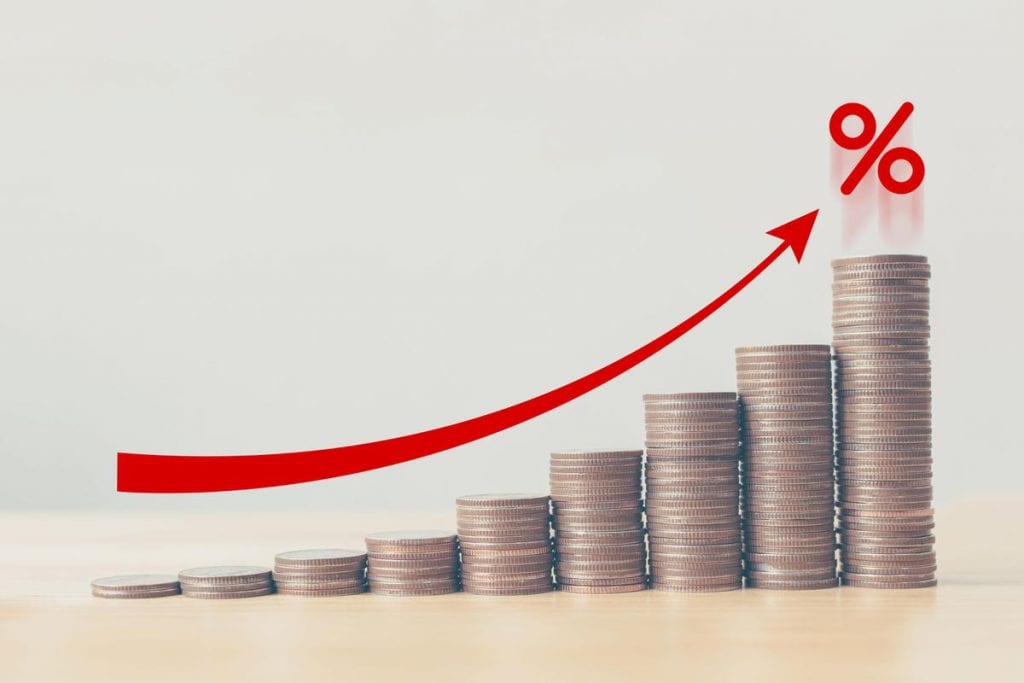Understanding interest rates and how they work
If you’re one of those who frequent banks for loans, you should understand interest rates and how they work. And even if you arent in need of a loan now, it is still important to understand how interest rates work- you never know when a need to extra money might happen
In simple words, an interest rate is a cost of, or price paid for accepting a loan. It could also be defined as the reward gotten for saving money. The cost of loans is generally affected by interest rates, which can either boost or impede the economy.

As a customer, banks borrow money from you by receiving deposits. And what you get in return (for their use of your money) is interest.
How does interest rate work?
Banks apply the interest rate to the total portion of your loan that’s unpaid and require you to pay the interest in each compounding period, at least. Failure to pay up would cause an increase in outstanding debt, even if you’re making payments.
Interest rates seem to be competitive these days, but they’re not the same. A bank may demand higher interest rates if the chances of getting back a debt looks slim. More reason why revolving loans like credit cards usually attract higher rates of interest. Banks also charge surpassing rates to those they see as risky. Your credit score determines your interest rate—high credit scores attract low-interest rates and vice versa.

When it comes to charging interest rates, banks do it fixed or in variably. Fixed interest rates remain unchanged throughout the span of a loan, but variables don’t—they change with the prime rate.




